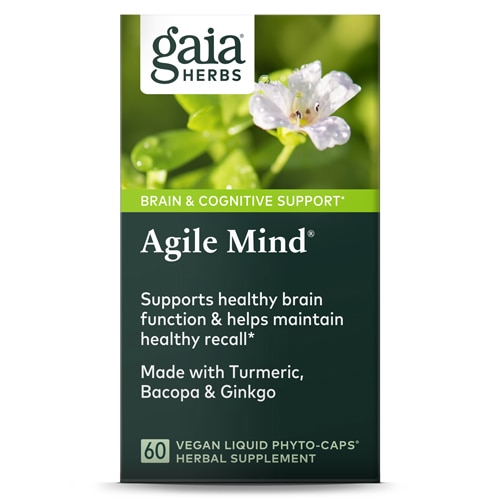We all make mistakes. In fact, researchers even have divided the types of mistakes we make into four categories: “stretch,” “ah-ha moment,” “sloppy” and “high-stakes.” In other words, not all mistakes are created equal.
But what if there were a way to minimize the errors we commit, no matter what kind they are? A study published in September 2019 in the journal Brain Sciences suggests meditation — already hailed for so many other positive benefits — can lead to fewer mistakes.
For this study, researchers at Michigan State University examined the effects of open-monitoring meditation, a form of mindfulness that focuses awareness on feelings, thoughts or sensations as they happen in your mind and body. They looked for altered brain activity that indicated a spike in our ability to recognize errors.
Researchers recruited more than 200 meditation newbies for the study, according to a Michigan State news release. These participants went through a 20-minute, open-monitoring meditation exercise while the researchers tracked their brain activity. The participants then completed a computer-administered distraction test.
The researchers used a method called electroencephalography (EEG) to “measure brain activity at the millisecond level, so we got precise measures of neural activity right after mistakes compared to correct responses,” Jeff Lin, co-author of the study, says in the news release. “A certain neural signal occurs about half a second after an error called the error positivity, which is linked to conscious error recognition. We found that the strength of this signal is increased in the meditators … .”
Researchers didn’t notice sudden improvements in performance of tasks by the meditators. However, they say the results of their study “offer a promising window into the potential of sustained meditation.”
“These findings are a strong demonstration of what just 20 minutes of meditation can do to enhance the brain’s ability to detect and pay attention to mistakes,” says Jason Moser, another co-author of the study. “It makes us feel more confident in what mindfulness meditation might really be capable of for performance and daily functioning right there in the moment.”
How meditation works
So, if you’re hoping to become less error-prone, how do you practice open-monitoring meditation?
“Some forms of meditation have you focus on a single object, commonly your breath, but open-monitoring meditation is a bit different,” Lin explains. “It has you tune inward and pay attention to everything going on in your mind and body. The goal is to sit quietly and pay close attention to where the mind travels without getting too caught up in the scenery.”
Fortunately, no matter the variety, meditation is simple and inexpensive, and it requires no special equipment, the Mayo Clinic notes.
“Meditation can give you a sense of calm, peace and balance that can benefit both your emotional well-being and your overall health,” the Mayo Clinic says. “And these benefits don’t end when your meditation session ends. Meditation can help carry you more calmly through your day and may help you manage symptoms of certain medical conditions.”
The emotional health benefits of meditation
Among the emotional health benefits of meditation cited by the Mayo Clinic are:
- Gaining a different perspective on stressful situations
- Honing stress-management skills
- Boosting self-awareness
- Focusing on the present
- Reducing negative emotions
- Heightening imagination and creativity
- Increasing patience and tolerance
Minfulness meditation
A 2014 study by researchers at Carnegie Mellon University in Pittsburgh found that just 25 minutes of mindfulness meditation over a three-day span can alleviate mental stress. Meanwhile, a study released in 2018 by a researcher at Michigan Technological University indicated that just one introductory session of mindfulness meditation can decrease anxiety.
For the record, the Greater Good Science Center at the University of California, Berkeley defines mindfulness, which is rooted in Buddhist meditation, as “maintaining a moment-by-moment awareness of our thoughts, feelings, bodily sensations, and surrounding environment, through a gentle, nurturing lens.” Other kinds of meditation include focused-attention (breath) meditation and loving-kindness (Metta) meditation.
As for your physical well-being, the Mayo Clinic says meditation might help you cope with symptoms of conditions such as:
- Anxiety
- Asthma
- Cancer
- Chronic pain
- Depression
- Heart disease
- High blood pressure
- Irritable bowel syndrome
- Sleep difficulties
- Tension headaches
Keep in mind that some researchers question the scientific hype over mindfulness and meditation.
“Any study that uses the term ‘mindfulness’ must be scrutinized carefully, ascertaining exactly what type of ‘mindfulness’ was involved, what sorts of explicit instruction were actually given to participants for directing practice,” according to a 2017 article in the journal Perspectives on Psychological Health. “When formal meditation was used in a study, one ought to consider whether a specifically defined type of mindfulness or other meditation was the target practice.”




